How to be SunSmart
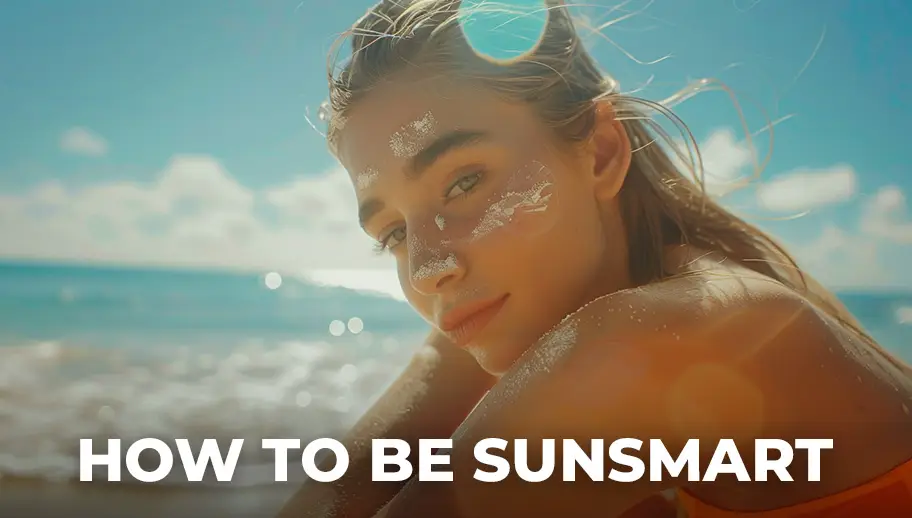

Your skin can burn in as little as 15 minutes in the summer sun (between December and February) and can also burn on windy or cloudy days. Every time your skin is exposed to the UV radiation, changes take place in the structure and function of our skin cells. Over time, the skin can become permanently damaged and every additional decade of over exposure to UV radiation further increases your risk to skin cancer.
The good thing about skin cancer is that it is largely preventable. How? All you have to do is apply a combination of these five steps:

Choose clothing that:
Make sure your sunscreen is broad spectrum and water resistant.
Apply sunscreen to clean, dry skin at least 20 minutes before going outside and reapply every two hours.
A broad brimmed or bucket style hat provides the ultimate protection for the face, nose, neck and ears which are common skin cancer sites.
Caps and visors do not provide adequate protection.
Make use of the trees and man-made shade structures, or bring your own such as an umbrella.
Whatever you use as shade, ensure it casts a dark shadow.
Sunglasses, in combination with a broad brimmed hat can reduce UV radiation exposure to the eyes by up to 98 per cent.
Choose close fitting sunglasses that meet the Australia Standard AS 1067.
It is estimated 20 per cent of cataracts occur due to UV exposure to the eye. Remember, sunglasses are just as important for children, as they are for adults.
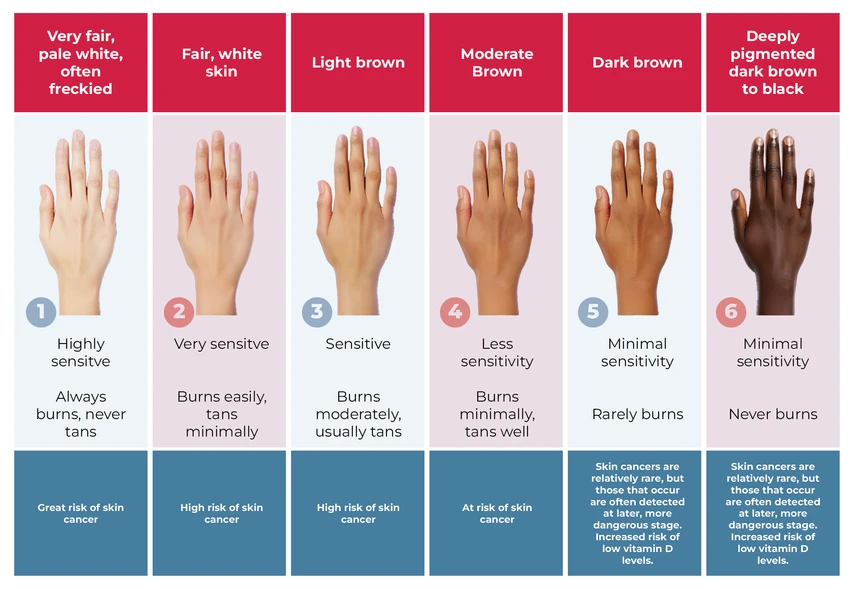
What skin type are you? SunSmart Victoria says people with certain skin types are more sensitive to UV radiation and burn more quickly, making them a greater risk of developing skin cancer.
Another contributing factor of skin cancer is solarium's, a tanning unit that uses UV radiation to tan the skin.
Research shows that people who use a tanning bed or solarium before the age of 35, have a 59 per cent greater risk of developing skin cancer than those who do not use solarium's. In 2009, the International Agency of Research on Cancer (IARC) moved UV-emitting tanning beds (which emit UV radiation six times stronger than the midday sun) to its highest cancer risk category, labelling them as carcinogenic to humans.
From January 1, 2015, solariums have been regulated, with commercial solariums now banned every Australian State and Territory.
According to Cancer experts, the 'Slip Slop Slap Seek and Slide' message has helped Australia become the first country in the world to experience a reduction in skin cancer.
Early figures show fewer Australians under the age of 45 years have been diagnosed with melanoma and non-melanoma skin cancer, compared to the generation before them.
Other Countries are still experiencing an increase in skin cancer, so it seems the sunsmart message is really impacting on Australians.
Terry Slevin from Cancer Council Australia, said the change could be attributed to campaigns including 'Slip, Slop, Slap' which launched in 1981.
"The generations who first saw 'Slip Slop Slap' have taken notice and have done something about it. It is still early days but it is encouraging to know" said Terry.
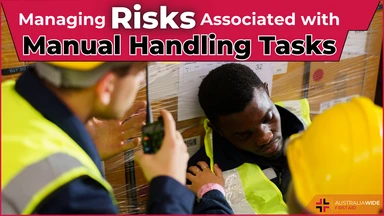
October 1, 2024
Almost every job involves using the body to carry out some type of manual task. Some tasks may be hazardous, causing injuries such as musculoskeletal disorders (MSDs). Knowing how to manage them is a legal responsibility of all workplaces.
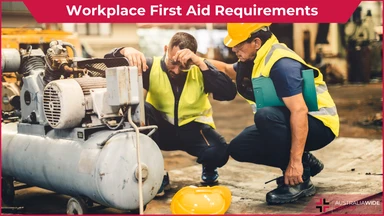
January 10, 2024
In Australia, workplace safety is a top priority, and First Aid plays a crucial role in ensuring the well-being of employees. Workplaces are expected to adhere to specific regulations and guidelines outlined by Safe Work Australia. How does your workplace stack up?
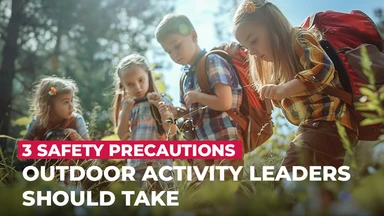
November 24, 2023
No matter how experienced you are as an outdoor activity leader, there are some things you should always do to keep your group safe. Nature can be unpredictable, and so it’s best to be prepared.